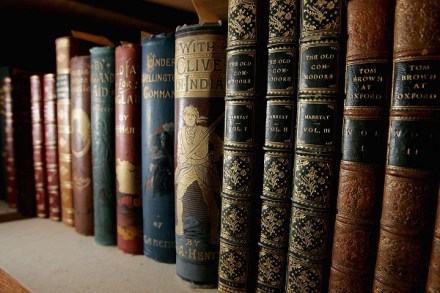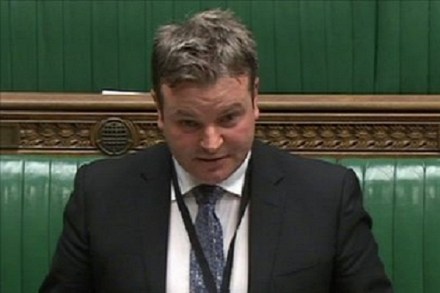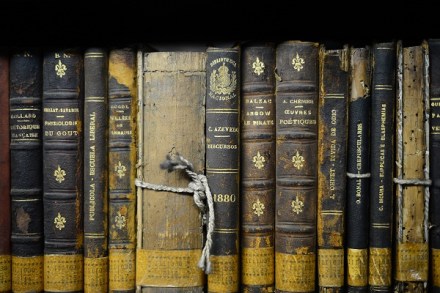Across the literary pages: Pankaj Mishra
An easy, sure-fire way of generating a bit of publicity is picking a fight with a provocative public intellectual. Rather than criticising Bernard-Henri Lévy’s blow-dry, or kicking David Starkey in either of his legs, Pankaj Mishra memorably attacked Niall Ferguson in his review of Civilisation in the LRB last November. So the threat of a lawsuit from






















